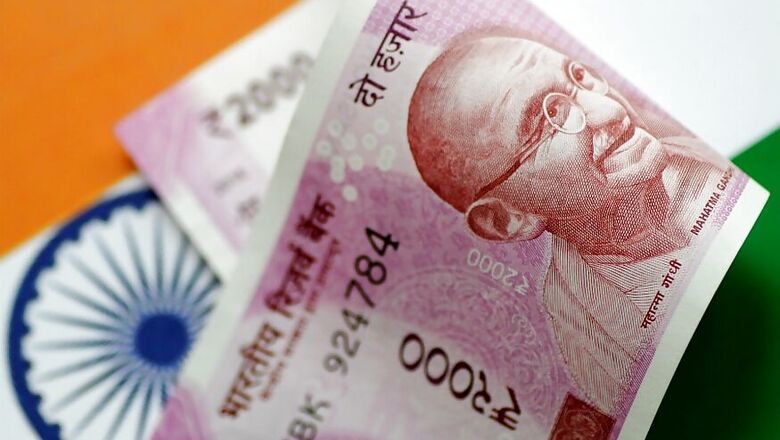
views
Come Union Budget and discussions around fiscal deficit are ripe. It represents the extent to which the government is living beyond its means. In the governments’ balance sheet, the difference between total revenue and total expenditure is termed as Fiscal Deficit.
Running a fiscal deficit is not very uncommon for governments of developing countries, nor is it necessarily always bad. In some situations, the central government needs to run a larger fiscal deficit to spur economic spending when the economy is facing a slowdown, or at the time of recession.
For a developing country like India, it is difficult for a government to meet all the expenses with just the tax collections. The government also needs to spend money on building infrastructure for instance, and so also needs finances for capital expenditure.
So what should the ideal fiscal deficit look like? In India, we have the Fiscal Responsibility and Budget Management or FRBM Act which suggested bringing the fiscal deficit down to about 3 percent of the GDP as the ideal target. Unfortunately, successive governments have not been able to achieve this target.
Just like any individual or company that spends more than it earns, the additional expenditure by the government also has to be financed by borrowings.
Governments typically finance their deficit by borrowings. There are many avenues from where a government can borrow — from banks, public institutions, public and even from overseas investors.
There is one other unconventional method available to the central governments around the world to bridge their fiscal deficits. Since the government is the sovereign authority, it can meet its requirement by printing additional money. However, this is something that no responsible government would ever resort to because it could lead to inflation or price rise.
Why is the fiscal deficit number important?
Imagine that all of the public and institutions’ savings are in a hypothetical pot. When the government borrows a very large sum of money from this pot, then private investors like corporates have that much lesser money available to borrow to finance their own investment plans.
Also, when the government borrows a large amount, it also has to pay higher interest. When the government as a sovereign, risk-free entity borrows at a higher rate of interest, the interest rates for all other sorts of borrowing also go up in tandem.
To sum up, while it may be necessary to run a deficit in certain circumstances, a consistently high deficit should definitely be a big NO for any responsible government.


















Comments
0 comment